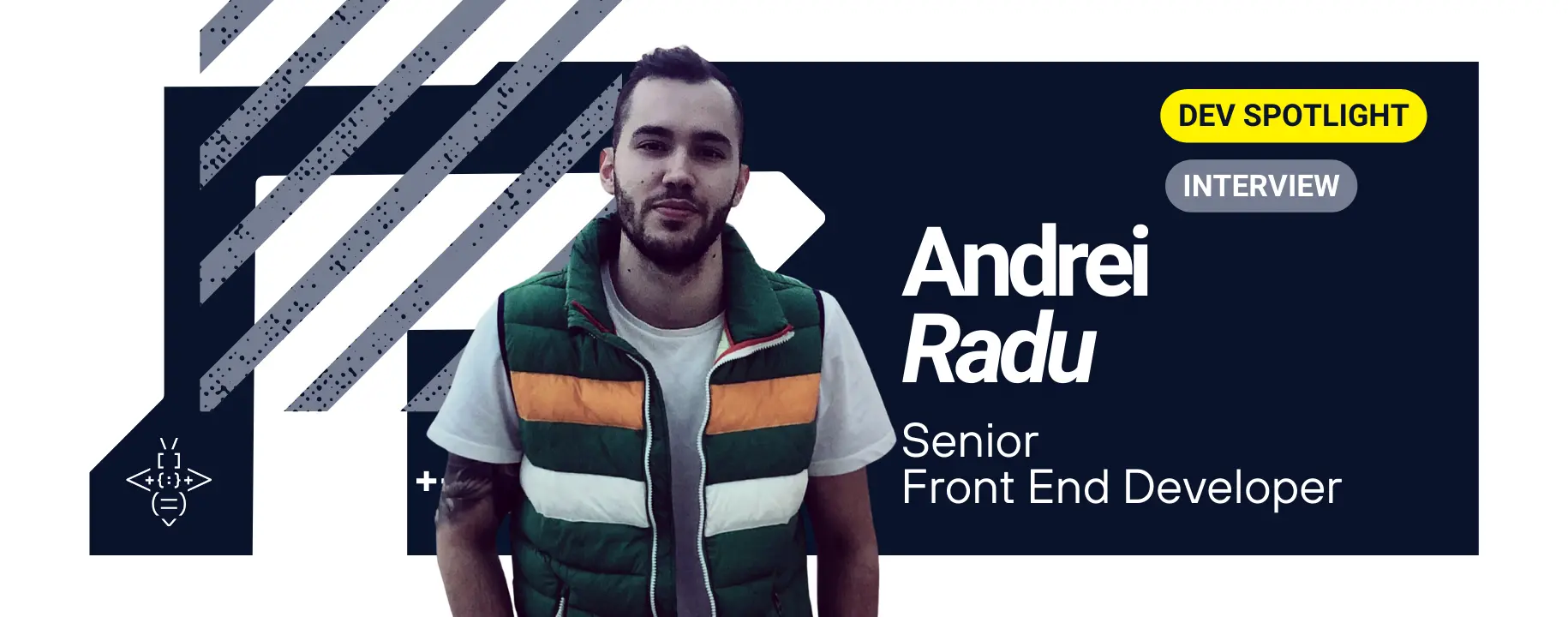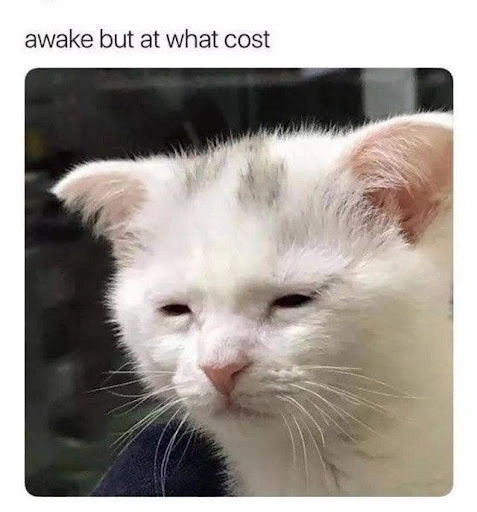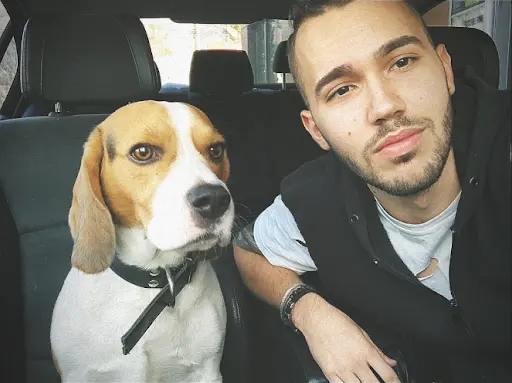- People in tech
- 12 Apr 2024
The switch from hospitality to software development – embarking on a new journey
Junior software engineer roles are often seen as difficult to attain, with the common belief that only those with formal education in programming can succeed. But is this really true? Many think that only those who attend programming schools or colleges can become developers. While formal education provides a solid foundation, what about those who […]



Embarking on a new journey
Junior software engineer roles are often seen as difficult to attain, with the common belief that only those with formal education in programming can succeed. But is this really true? Many think that only those who attend programming schools or colleges can become developers.
While formal education provides a solid foundation, what about those who discover their passion for coding later? Can they still pursue a career as a junior software engineer? The answer is yes, with the right mindset and determination.
We spoke with Andrei, a front-end developer at BEECODED, who transitioned from customer support in the HoReCa industry to software development. He proved that anyone can take on junior software engineer responsibilities if they are willing to learn and embrace new challenges.
Meet Andrei, a tech enthusiast with a great passion for football and software development job requirements.
How did you become a software developer?
Andrei: I come from the hospitality industry; I was in customer support. I attended a school in Hospitality Management in the Netherlands.
(Why did you make the change?) I think there are several reasons. It’s a pretty tough world to want to go into. Even if you become very good, you can’t evolve. In programming, the better you get, the more cool things you can create, the more you can be in a different field, the more you can earn, and even with less work. But that’s only if you work hard. I wanted to grow and evolve, but the HoReCa limited me. It’s the future of hospitality, tourism, but it wasn’t for me.
(You had to go through a lot to come up with this idea?) I wish I had discovered it earlier, but I learned a lot from my experiences in Netherlands. But it’s never too late.
Are there any skills from what you learned in HoReCa that you applied to software development?
Andrei: Definitely! It’s strange to say that. In IT, it’s you and the computer, but I think you have to communicate with people, which I see as a very important skill. It helped me with the HoReCa. I had the opportunity to work with people from different cultures, and that helped me. For example, I have a quite specific and funny case. In Asian culture, respect is promoted at a very high level. I happened to work with subordinates from this culture. They couldn’t say NO, they were afraid of respect. So I had to make sure he understood, and through different measures, we managed to reach a common point. IT is about working with people, and it’s important to communicate.
How long have you been here? How did you start?
Andrei: Two and a half years. I’m a front-end developer, and I’ve worked, I can say, a lot to get here. As for how I decided to be a software developer, it wasn’t a clear decision from the beginning. I kept running into obstacles, like it’s a very hard field if you don’t have schooling in this direction. I knew you had to have technical knowledge, and I didn’t. So for a year, I was undecided. I kept watching tutorials, it was hard. I finally made the decision. How? I was living in Bucharest, I moved to the countryside two hours from Bucharest, in a mountain area near Sinaia. I said I’d go there and start learning the language of programming. It was just me and my grandmother, and I was glad to have the opportunity to stay with her. I stayed for a year, I learned programming, I took a course during this time, and then I got a job at another company, I stayed there for a year, and finally I ended up at BEECODED.
(There is an emotional component to your story.) Of course, it was a year with my grandmother, who raised me, and it was very nice to have this time just for us. Somehow, I thanked her for what she gave me in my childhood.
What do you think were the skills that helped you learn the programming part? What should a person who wants to enter this industry have? Tell us something about the software development job requirements.
Andrei: It helps you, as a human, to have the ability to think logically, when you solve a problem. The most important skill is not to give up, not to give in to problems. Always fight, work, and do your best. You don’t have to be a genius at programming, but you have to work hard and have the motivation not to give up.
What does a day in your routine as a developer look like?
Andrei: I work remotely. I wake up around 7-8. Classic, have a coffee. I have half an hour/an hour where I don’t do anything work-related when I get to my desk at the beginning of the day. I watch random stuff, maybe some personal development stuff. Then I go to work, I have tasks that I plan the day before. I’m at work until 5-6, maybe stay over if I have something to do during the day (personal). It is flexible. If I have something personal to do, it’s ok, I catch up afterwards.
What is challenging about this role as a software developer?
Andrei: You’re going to get a big headache because you’re using it to solve a lot of problems. It’s a challenge. I recommend not getting emotionally involved. You don’t have to be frustrated by problems, you have to put them aside in your spare time. This headache is good, because it proves that you are learning, that you are developing, and that your brain is working and giving results. As for the emotional part, I get so involved that I can’t sleep at night, and that’s not good.
(How do you get through these moments?) I figure out if it’s too much, and I put a stop to it on my own. I relax by watching football. It’s basic, but for me, it relaxes me and helps me take my mind off things. I try to get involved in non-work activities.
What is the most enjoyable thing?
Andrei: When you do something that seems impossible.
How do you learn about the industry?
Andrei: I have colleagues, friends in the same field, and we discuss different topics related to this industry. And I also use YouTube, Internet in general.
(Do you have a favourite niche?) Good question. It would probably be easier for me to understand the challenges in HoReCa, given my experience in this area. Maybe an ONG would be to my liking, one that deals with animal protection. I would opt for apps that support people. Many of them are designed only with business in mind, to make money, profit, etc.
Can you mention some of the latest software development skills in the front-end area in 2023-2024?
Andrei: Trending is a Next.js technology, it’s all React, all Java. But personally, I’m not passionate about it. That’s where websites load faster. It uses a very popular technology, React. But it’s all taken to the next level, in the sense that requests are made in the back-end, not in the computer or device. So the customer just gets the response, and it loads in front of them what they have been looking for, plus the search time is much faster on that application. It’s useful, but personally, I don’t like the set-up. It didn’t appeal to me.
How do you find the working environment at BEECODED?
Andrei: Quite well structured, a pleasant environment to work in, where you talk to colleagues every day. It’s cool that first of all, in that daily meeting, you talk to your colleagues about what you did the previous day in your personal life, then the professional part. It’s a personal note that helps me stay connected with friends. There’s pressure, but it’s enjoyable. The projects are diverse, and I like that. There is communication!
What do you do in your spare time?
Andrei: Andrei: I enjoy walking my dog, who stays with my parents, so I often visit their house to take him out. I used to watch TV shows and movies, but now I mostly spend time with friends or go for random drives. In the evenings, I usually hang out with a couple of close friends—we’ll grab a drink, chat, or play games together.
What are you doing in the direction of personal development?
Andrei: I listen to books, podcasts. I follow Andrew Huberman on YouTube. He has many topics of interest to me.
(What have you learned from him and put into practice?) Make an analogy to slaves. If they used to work from morning till night, why shouldn’t I? We’re all afraid of being judged. For example, if I worked constantly, I would be judged by everyone around me for staying overtime or working too hard. And at that point, if you care, you fail; if you don’t care, you will go on and follow your desire. I think there are a lot of people who judge working long hours. I’ve been left with fewer people around me since I started working longer hours.
(How do you relate to this?)
It’s clearly a positive thing; it seems to me to be a sign of maturity. You realize that some people don’t empathize with you and problems arise, so it’s ok to “sort” friendships and have only those around you who understand and help you, and who want to be supported and helped.
What’s your favorite meme of all time?
Andrei: I think it’s the hardest question I’ve ever been asked. It’s very hard to choose one, but I chose one with a cat (for me, it’s motivational).

Why do developers prefer dark mode? Is it because light attracts bugs?
Andrei: Absolutely! It is well known that one dark mode a day keeps the bugs away! I would add that once you switch to dark mode, you will be granted superpowers, such as coding without coffee (seems impossible, I know) or understanding the documentation on the first read.
A question for the next guy/girl in the interview session.
Andrei: Imagine if console.log() went on a date with alert(). Where would they go, and what JavaScript error would they argue about at dinner?


How to Reduce Financial Close Time by 3 Days with ERP Workflow Automation
Outsourcing vs. In-house Development: Why Romania is the Best Middle Ground
The Talent Pool in Romania: Why Global Companies Hire Developers Here
